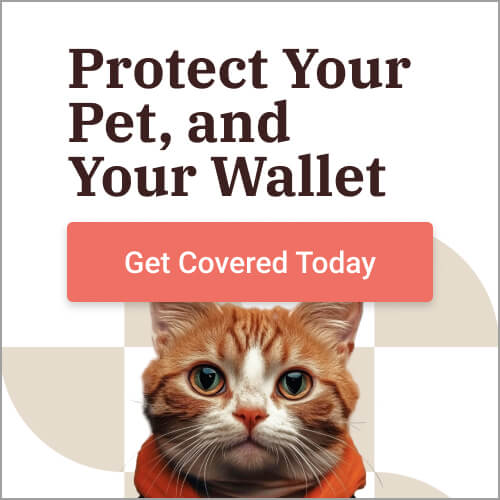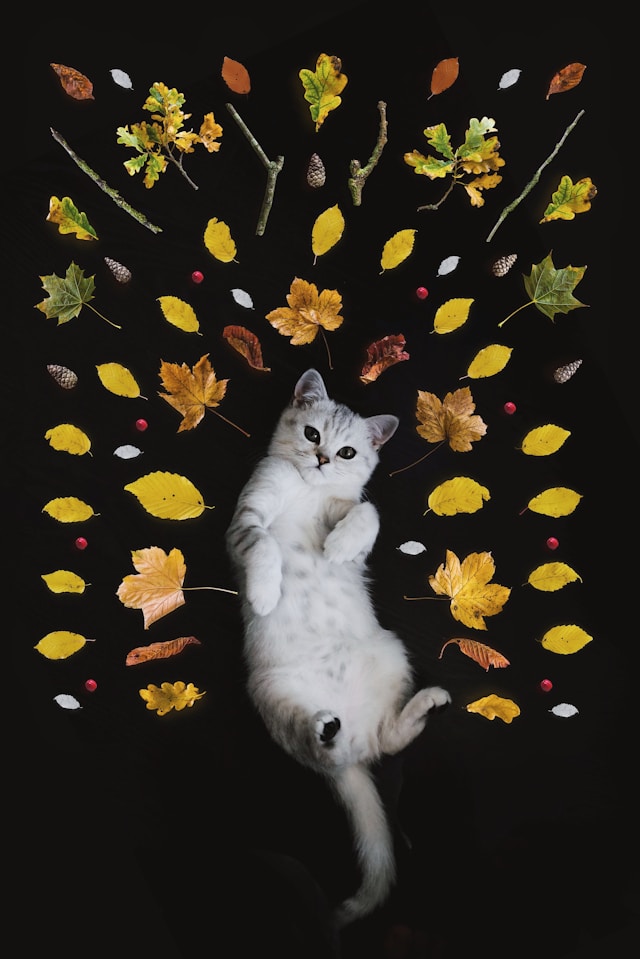Antifreeze And Your Pets

This sweet-tasting poison can, unfortunately, be quite appealing to animals, and even minuscule ingestion can lead to swift kidney failure and potential fatality.
How Do Pets Come in Contact with Antifreeze?
Antifreeze is a common component in car cooling and home plumbing systems, helping maintain heat during the winter. Decorative snow globes also contain around 2% antifreeze, which is sufficient to be toxic if a snow globe breaks and spills.
Pets may encounter antifreeze if it's leaking from a car radiator onto a garage floor, driveway, or the street. They can also access antifreeze if it needs to be adequately flushed from a home plumbing system or left within their reach in containers in your garage.
Why is Antifreeze Harmful to Pets?
Antifreeze contains ethylene glycol, a toxic substance to dogs and cats.
The byproducts of ethylene glycol can cause severe kidney damage in pets, which leads to a toxic impact on their central nervous system.
Even a tiny amount of antifreeze can be lethal to pets. For instance, if your dog or cat walks through a puddle of antifreeze and licks their paws, it could result in a fatal outcome.
Immediate veterinary intervention is crucial to prevent the toxin from being absorbed into the pet's liver.
What Are the Symptoms of Antifreeze Poisoning?
Clinical signs of antifreeze exposure can manifest within as little as 30 minutes or as long as 12 hours. Waiting for symptoms to appear is not recommended. If you have any concerns about potential ingestion, it's advisable to visit a veterinarian promptly.
Symptoms include disorientation, vomiting, increased thirst and urination, lethargy, depression, mouth sores, and noticeable foul breath.
Immediate veterinary treatment is imperative to stop the toxin from entering the pet's liver.
How is Antifreeze Poisoning Treated in Pets?
If you suspect your pet has consumed antifreeze, your veterinarian will initiate one of the following treatments:
-
Administering an IV drip of ethanol (grain alcohol) to counteract the antifreeze toxin.
-
Utilizing 4-methylpyrazole, a medication that hinders the metabolism of the toxin. If administered promptly, this medication can aid in safely eliminating the poison.
-
Dialysis, an intensive treatment carried out by a veterinary specialist, can be employed to remove toxins not being excreted by the diseased kidneys, hoping to allow the kidneys to recover.
-
In addition, blood and urine samples will typically be collected to confirm whether your pet has ingested antifreeze conclusively.
The sooner treatment is initiated, the greater the chances of your pet's survival.
Prevent Antifreeze Poisoning in Pets
Take precautionary steps to protect your pets from accidental antifreeze poisoning:
-
Keep antifreeze stored in sealed containers out of your pets' reach.
-
Dispose of used antifreeze containers and rags in a trash can that your pets cannot access or open.
-
Regularly inspect your garage floor and driveway for any antifreeze leaks or spills. Cat litter can absorb antifreeze leaks, but dispose of it immediately in a securely sealed garbage bag.
-
After returning home from a walk, wash your pet's paws in warm, soapy water in case they've unknowingly come into contact with antifreeze while outside.
-
Consider switching to pet-safe antifreeze based on propylene glycol. While not entirely nontoxic, it is generally considered less harmful than ethylene glycol-based antifreeze. Some available brands include Sierra, Sta-Clean, and Prestone LowTox Antifreeze/Coolant.
If you suspect your pet has encountered antifreeze, don't hesitate to contact your veterinarian to determine the appropriate course of action.
Get insurance plans with wide-ranging coverage options












